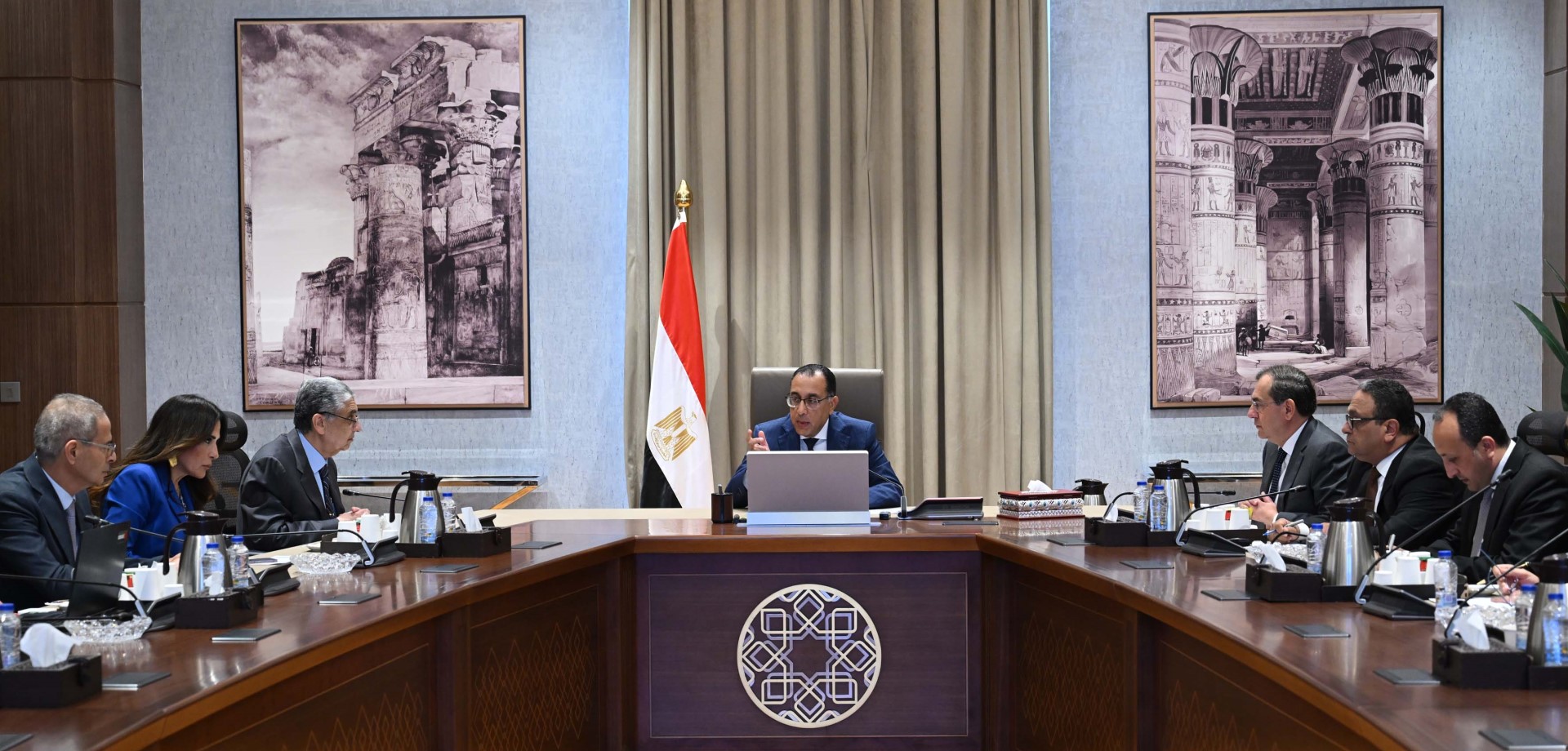Amid a scorching heatwave and ongoing government efforts to manage the strain on the power grid through deliberate electricity cuts, electricity theft rises.
The Egyptian Ministry of Electricity has reported unprecedented levels of electricity theft, using methods including hacking electricity meters to manipulate usage data, or illegally connecting electrical cables directly to homes, bypassing consumption meters altogether.
This illicit activity not only escalates electrical loads unpredictably but also exacerbates the problem of load shedding and leads to frequent power outages.
The spokesperson for the Egyptian Ministry of Electricity, Ayman Hamza, disclosed that instances of electricity theft extend beyond illicit and unlicensed sites, encompassing thousands who maintain meters yet persist in stealing power.
The country is experiencing electricity losses of about 25 to 30 percent, Egypt’s Minister of Electricity, Mahmoud Essmat, stated.
Ahmed El-Sigini, chairman of the Local Administration Committee at the House of Representatives, reported that electricity theft is costing the country billions of Egyptian pounds.
A member of the parliament attributed the rise in electricity theft to escalating costs of goods and services, which burden low-income earners and compelled some to turn to unauthorized means of power consumption.
He added that there is no justification for such actions and highlighted the urgent need to advocate for energy efficiency; an opinion shared by Essmat, as he emphasized the importance of citizens conserving electricity, alongside adherence to the Ministry of Local Development’s decision regarding the closing times of commercial establishments.
The Punishment for Electricity Theft
The law tackles the crime of electricity theft with stringent measures, imposing a range of penalties for those caught stealing or aiding in the illegal theft.
Offenders face a mandatory minimum sentence of 6 months in prison and a fine ranging from EGP 10,000 to EGP 100,000, or both, as stipulated by the law.
They must also pay the value of the stolen electricity, in addition to a fine equal to double the amount of the stolen electricity, as a penalty, for a maximum period of up to 12 months.
In case of repeated theft, penalties intensify, with imprisonment extending to no less than one year, or paying a fine ranging from EGP 20,000 to EGP 200,000, or both penalties.
The Road to Recovery
“Electricity is public property, and stealing it is not just a legal crime; it is also religiously forbidden. Those who steal electricity harm the entire community and infringe upon the rights of others who have paid for their electricity,” the Egyptian Electricity Holding Company shared in a Facebook post.
Egypt’s Prime Minister Mostafa Madbouly emphasized the urgent need to combat electricity theft and instructed the immediate development of plans to establish electrical connections with neighboring countries, aiming to enhance the capacity of the national electricity grid.
The government plans to tackle this issue by launching awareness campaigns on social media and media outlets, installing smart meters to accurately measure electricity usage and losses in each area, and drafting new legislation to increase penalties for electricity theft.
Tackling the issue of electricity theft in Egypt demands cultivating a culture centered on responsibility and conservation, a crucial step in ensuring a sustainable and equitable power supply for all citizens.







Comments (0)